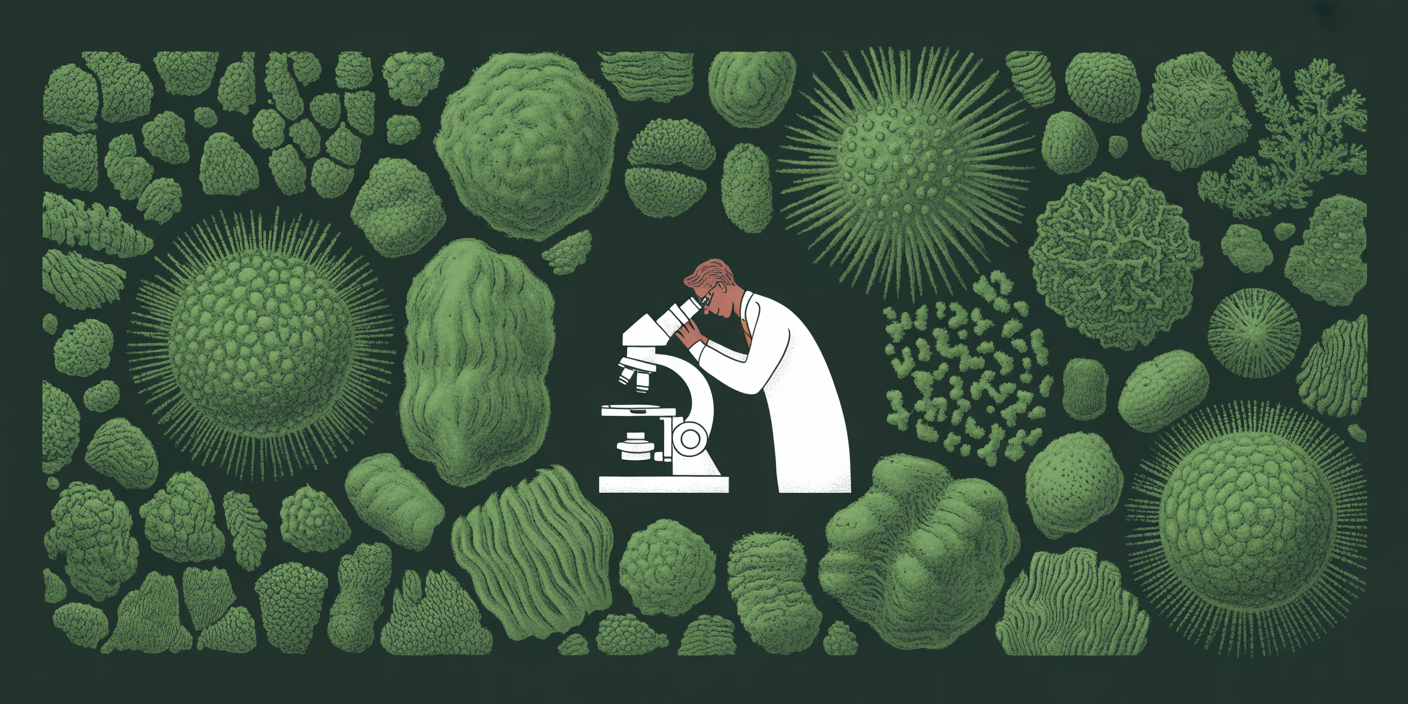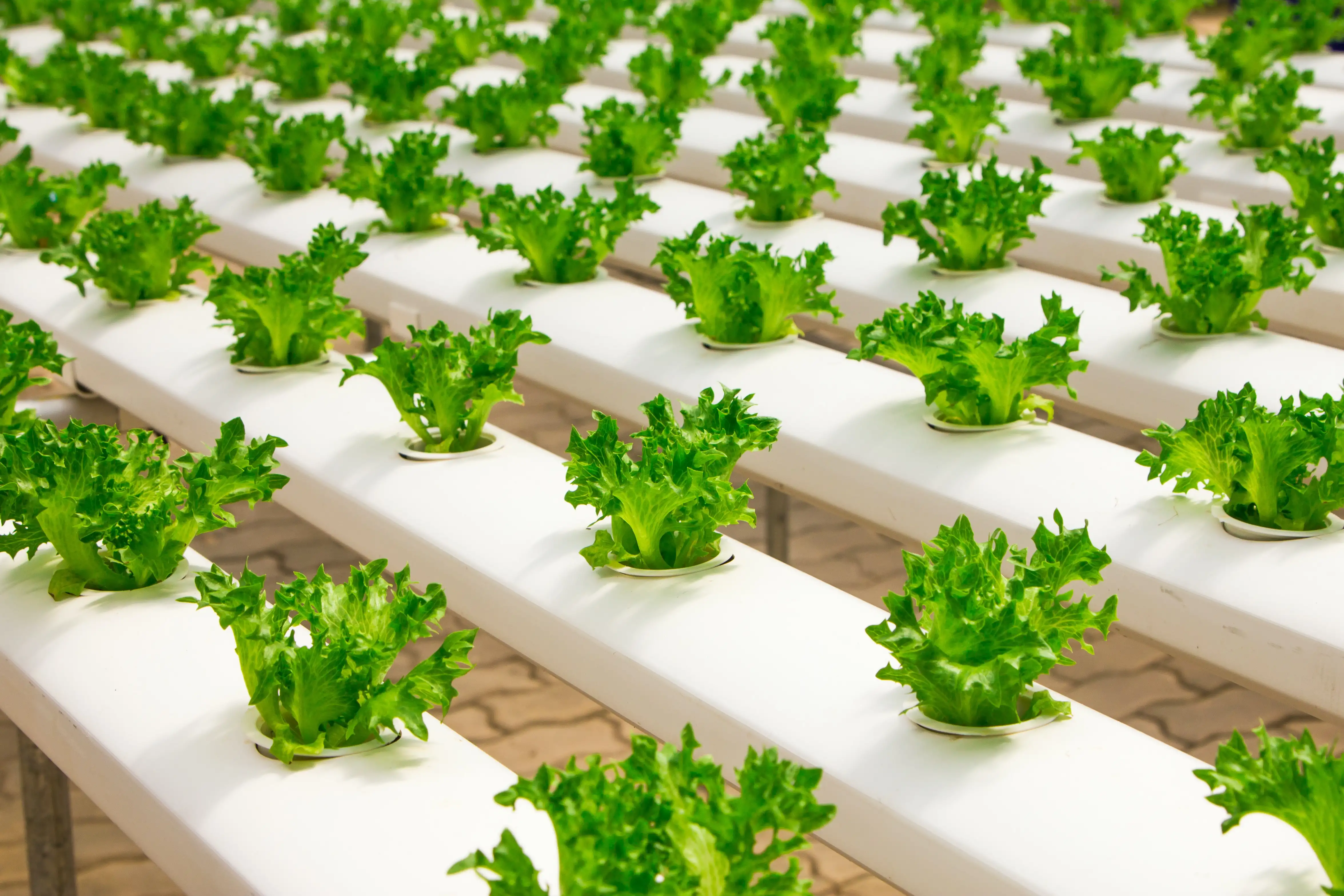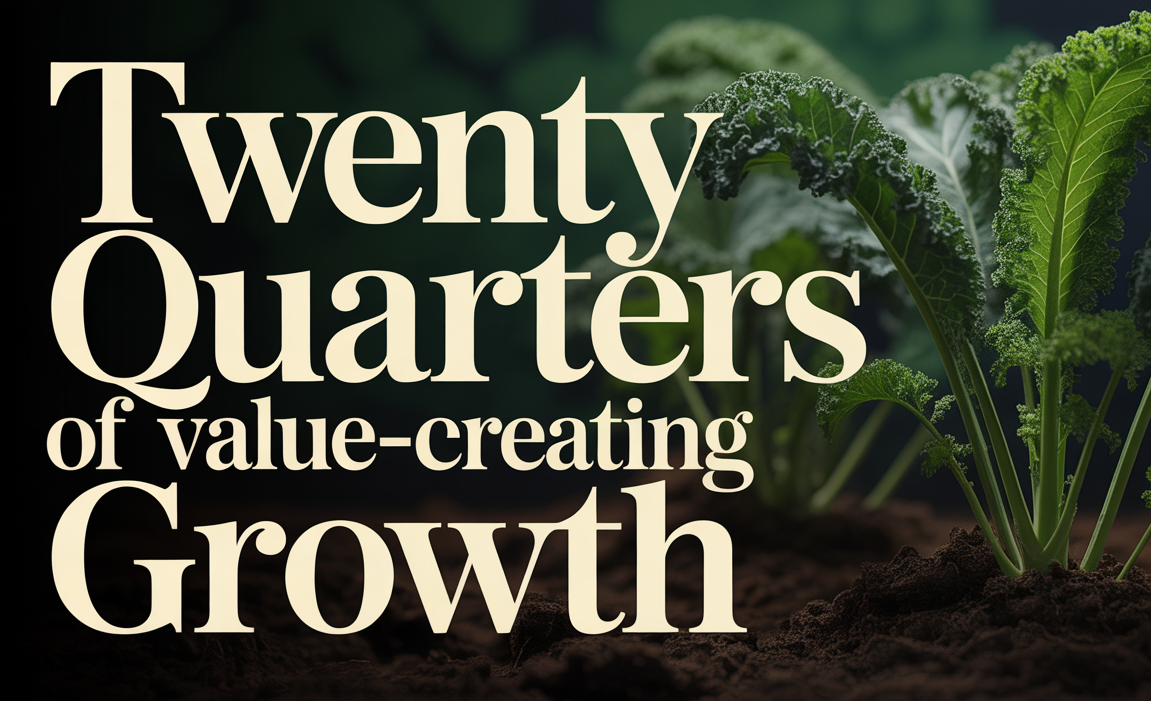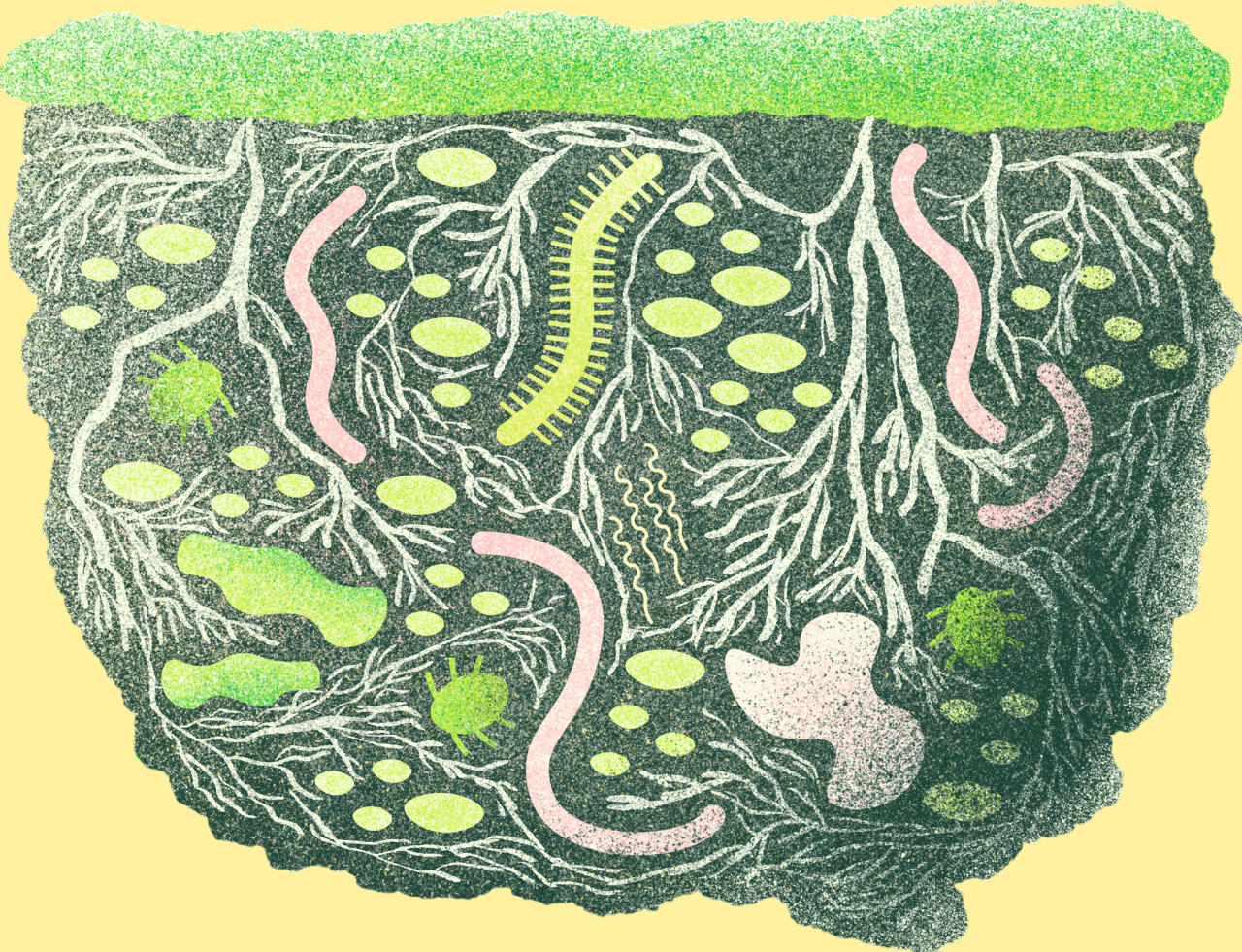
The science behind our guiding principle
Transformative investing
The inspiration to develop an investment approach for investing in food system transformation can be traced back to Stockholm Resilience Centre (SRC). Over the past decade, we have participated in several programs teaching how resilience thinking, social-ecological systems, and exponential technologies can improve human well-being and sustainability.
During the SRC LEAD program in 2014, we realized the urgent need for transformational change in the global food system. Reaching this conclusion at that specific time was a pivotal moment and led to several investments including Oatly in 2015 and Nick’s in 2017.
Since then, Stockholm Resilience Centre has continued to significantly contribute to our understanding of sustainable food systems. Its research has identified previously overlooked connections, levers, and actors across the food system with the ability to unlock transformational change.
We formally launched Gullspång Re:food in 2020 to apply this research and a systems thinking point of view to support entrepreneurs devoted to sustainable food innovation. We are looking for startups with superior innovations, led by great founders at the exact time when the market is ready, targeting underinvested paradigm shifts to reverse the current unsustainable trajectory of the food system.
Recognizing the important role that research plays to further accelerate this transformation, Gullspång Re:food is donating a 10-year grant to fund part of a new professorship at the Stockholm Resilience Centre. This professorship is focused on sustainable food systems and, specifically, how capital markets can serve as levers to drive systematic change.
As of October 2021, Beatrice Crona is the appointee to this professorship in sustainable science. Beatrice has extensive experience within oceans and fisheries governance and serves as the co-chair of the Blue Food Assessment, as well as the Head of the Global Economic Dynamics and Biosphere Program at the Royal Swedish Academy. Her research has recently focused on connecting finance and biodiversity by considering and incorporating meaningful biodiversity measures for corporate financial decision-making.
We hope this support will help strengthen the much-needed synergies across the academic and private sectors while accelerating the shift toward a sustainable future.
If you want to learn more about how we implement academic research in daily investment activities, check out Food is Solvable!



